Japanese global biopharmaceutical company Takeda and ed tech company Discovery Education have partnered to offer health equity and STEM education topics to students, educators, and families in grades 6 through 8 free of charge through the Better Health in Action: From Classroom to Community initiative, to interest students in health equity careers.
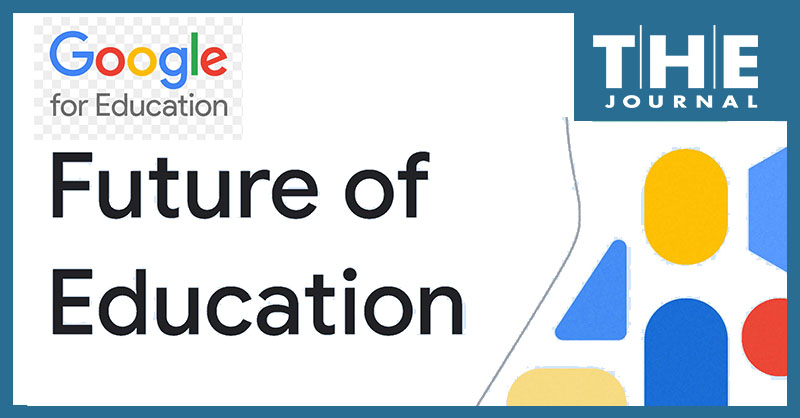
Google for Education has released the first report from a massive, two-year study considering the role of education in a “radically different future,” and what that might look like, focusing on big-picture themes seen as most likely to impact education and the future workforce in the coming years and decades.
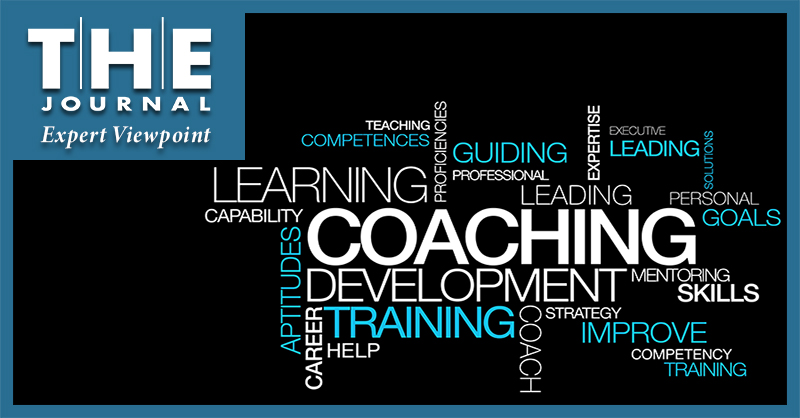
While addressing the needs of all students (especially after a global pandemic) could never boil down to a common formula, educators as well as families and tutors must rely on proven methods for teaching foundational literacy skills, says a literacy instruction expert from ReadingPartners.org, who offers five key elements that every literacy learner needs.
Educators and instructional technology experts Michael Jaber and Charley Suter describe the “endless” ways that ClassVR virtual reality headsets can help educators get students excited about learning — and share some incredible and surprising ways they are using ClassVR in schools, particularly for special education students, students with autism, and those with limited mobility. Listen now at THEJournal.com or on your favorite podcast platform.
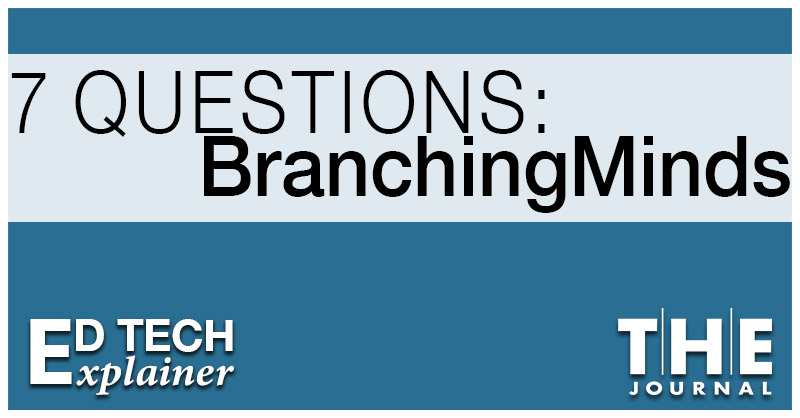
For the 7 Questions Ed Tech Explainer series, Branching Minds CEO Maya Gat explains how its Multi-Tiered System of Supports solution works, how it impacts teachers, administrators, students, and learning outcomes, and how it incorporates a school district's existing data to help teachers equitably and efficiently differentiate instruction and ensure it's helping students catch up.

SXSW EDU has unveiled nearly half of the lineup for the 2023 event scheduled for March 6–9, 2023, in Austin, featuring topics considered the most pressing in education, the organization said, after more than 1,200 proposals were whittled down by conference organizers and voting through PanelPicker.
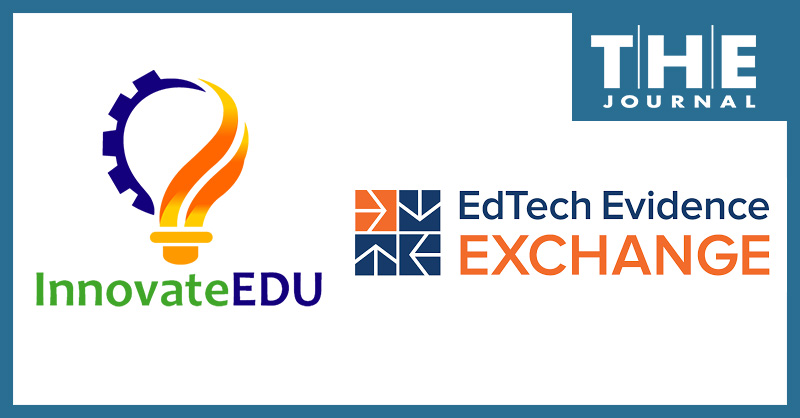
Two national nonprofits, EdTech Evidence Exchange and InnovateEDU, are merging in hopes of accelerating their work to improve outcomes and efficiencies in the usage of technology K–12 education, the organizations announced.

October 2022 People on the Move for K-12 education include Judi Dodson at Tools 4 Reading, Camila Franco at Newsela, Sashangar “Sash” Sreetharan at ParentSquare, Ty West at Age of Learning, Andrew Poggio at DreamBox Learning, Dionna Smith and Ya Xu at GoGuardian, David Dimmett at Project Lead The Way, Marlon Marshall at City Fund, and dozens of leadership awards recipients at the Association of Latino Administrators and Superintendents annual conference.
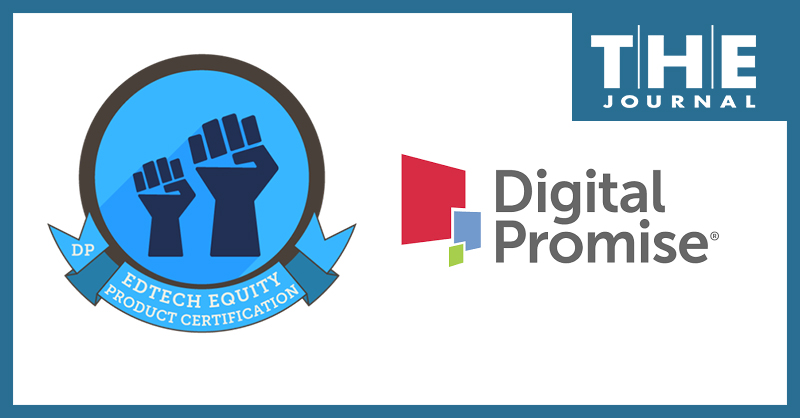
A new ed tech product certification, Prioritizing Racial Equity in AI Design, from nonprofit Digital Promise and the Edtech Equity Project that takes aim at racial bias in AI-powered learning software is now accepting applications from ed tech providers that intentionally promote equity in their product design.
The Hispanic Heritage Foundation has partnered with IBM Education to provide IBM's SkillsBuild education program to Latino high school students free of charge, giving them skills they need to meet workforce demands.